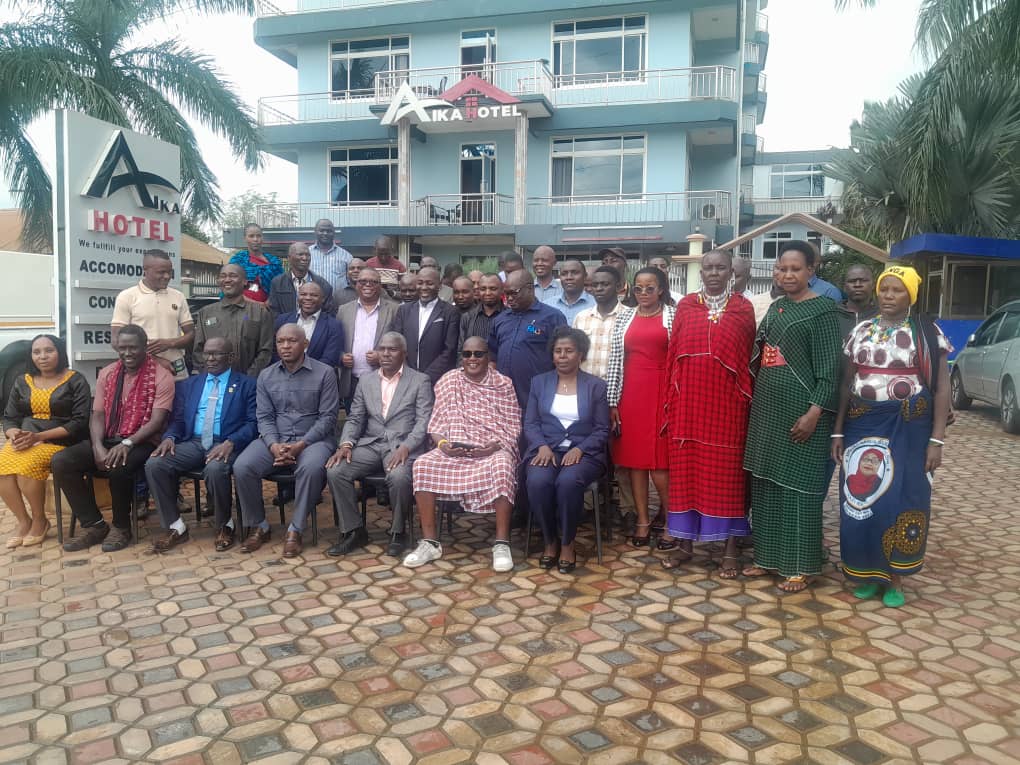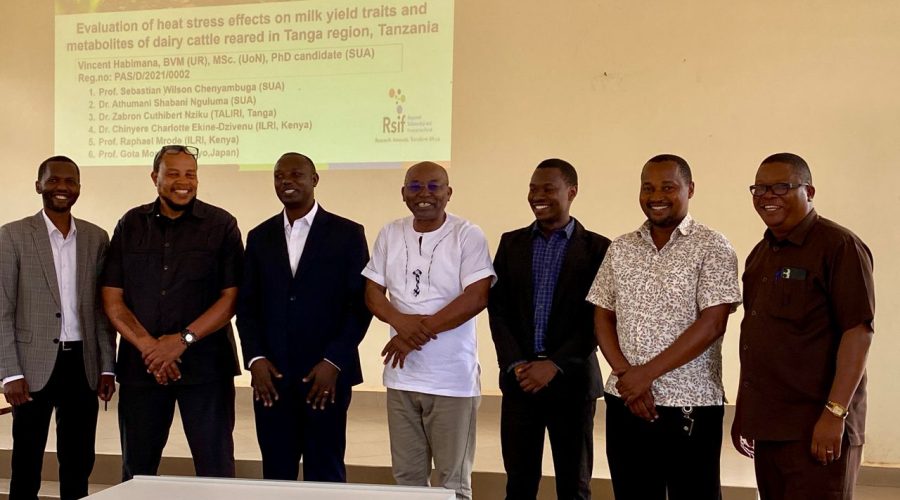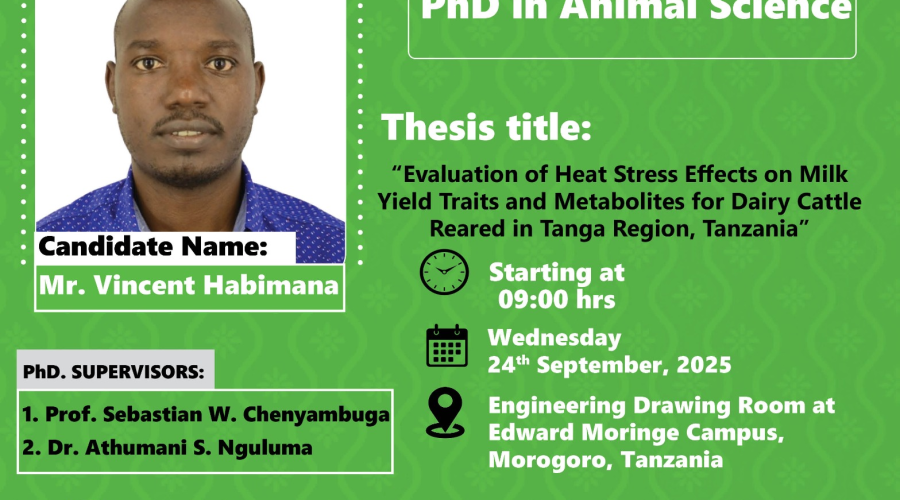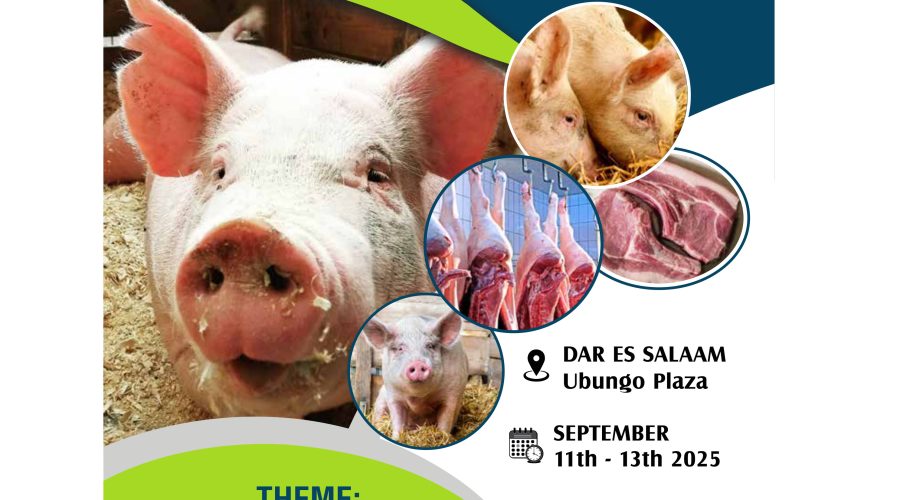The Food and Agriculture Organization (FAO) of the United Nations, in collaboration with national stakeholders, convened a week-long National Workshop on Livestock–Wildlife Conflict Management and Coexistence in Morogoro, Tanzania. Held at Aika Hotel from 9th to 13th June 2025, the workshop brought together a diverse range of participants, including government officials, wildlife and livestock experts, academic and research institutions, community representatives, development partners, and the private sector.
The workshop was part of the FAO-supported project titled “Building Harmony in Shared Landscapes: Enhancing Livestock–Wildlife Coexistence through Shared Resource Governance and Productivity Improvement.” It aimed to address the increasing conflicts between pastoral communities and wildlife in areas where rangelands overlap with protected ecosystems. These conflicts, such as livestock predation, disease transmission, habitat degradation, and competition for water and grazing, pose serious threats to rural livelihoods and biodiversity conservation.
The workshop featured experience sharing, scientific discussions, and community practices aimed at conflict mitigation. The key themes included early-warning systems, predator deterrents, land use planning, and participatory governance. A major outcome was the formulation of a national roadmap for promoting livestock–wildlife coexistence through cross-sectoral collaboration, integration of indigenous knowledge, and upscaling of proven models.
Sokoine University of Agriculture (SUA) was actively represented by Prof. Anthony Sangeda, Deputy Principal of the College of Agriculture and Head of the Department of Animal, Aquaculture and Range Sciences (DAARS), and Prof. Ismail Selemani, Head of the Range Management Section within the same department. They jointly presented a paper titled “The Status of Tanzania’s Rangelands and Prospects for Harmonious Grazing in the Miombo Woodlands.”
Their presentation offered a critical analysis of the state of Tanzania’s rangelands, emphasizing widespread degradation due to poor communal land management. Issues such as bush encroachment and the spread of invasive weeds were highlighted as major threats to nutritious forage availability. In contrast, they presented the Miombo woodlands as a promising ecosystem for sustainable grazing. Empirical findings from Kilosa, Handeni, and Kilombero revealed that areas under light grazing pressure had greater vegetation diversity and above-ground biomass, suggesting that controlled grazing could enhance both livestock productivity and ecological stability.
The workshop reaffirmed Tanzania’s commitment to fostering sustainable coexistence between livestock and wildlife. Through active collaborative dialogue, shared knowledge, and inclusive planning, participants laid the groundwork for practical strategies that balance conservation with pastoral livelihoods across shared landscapes, which will ensure long-term ecological and economic resilience.
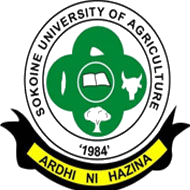
The Department of Animal, Aquaculture, and Range Sciences
The College of Agriculture, Sokoine University of Agriculture
Share this page

